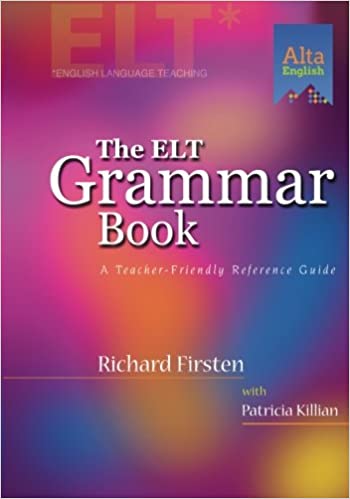In a recent post, I gave the definitions of several idioms, including the idiom “a fine line.” As I explained, “a fine line” means an unclear boundary between two similar things.
This got me thinking about the fine line between grammar and vocabulary. A lot of students wonder whether they should focus more on grammar or vocabulary in their TOEFL studies, or which of the two of English they should study first.
Sometimes there is an obvious reason to focus on one or there other. Some students have a really good feel for word order in English, but are easily confused by unfamiliar words. And there are other ESL learners who know the basic meaning of a lot of words, but have trouble saying these words with good, understandable syntax.
However, most learners don’t fall into either one of these extremes. And realistically, it’s really hard to draw the line between the meaning of a word and its grammar. Even dictionaries don’t act purely as vocabulary guides. Look up words in a dictionary and you’ll see not just their meanings, but the parts of speech for each meaning. And often, a dictionary will also give grammatically correct example uses of words in sentences.
Grammar and vocabulary go hand-in-hand. To truly know a word is to know both its definition and its grammar. And to truly know grammar is to understand how grammar rules look when they are applied to the use of words.
Moreover, in vocabulary study, there are many times when it’s helpful to learn a group of words that all have the same grammatical function. It’s useful to study phrasal verbs together, or to focus a vocabulary study session on the different adjectives for countable and uncountable nouns, and so on.
And of course, studying a set of vocabulary words provides opportunities to learn about grammar. Many words in the English language have several different grammatical forms, indicated by suffixes (as can be seen in many vocabulary tutorials right here on our blog). Looking at a word in all of its forms is an exercise in grammar as much as vocabulary.
So for the typical TOEFL prep student, I recommend studying grammar and vocabulary at the same time. Mixing these two aspects of English as much as possible during your study. If you’ve just picked up a new English grammar rule, try plugging some vocabulary in it. Try out the different forms of the past tense with different verbs. Play with the four conditionals of English grammar with creative, vocabulary-rich sentences. Together, vocabulary and grammar are the powerful double-force behind mastering English and getting your target score on test day.






Leave a Reply